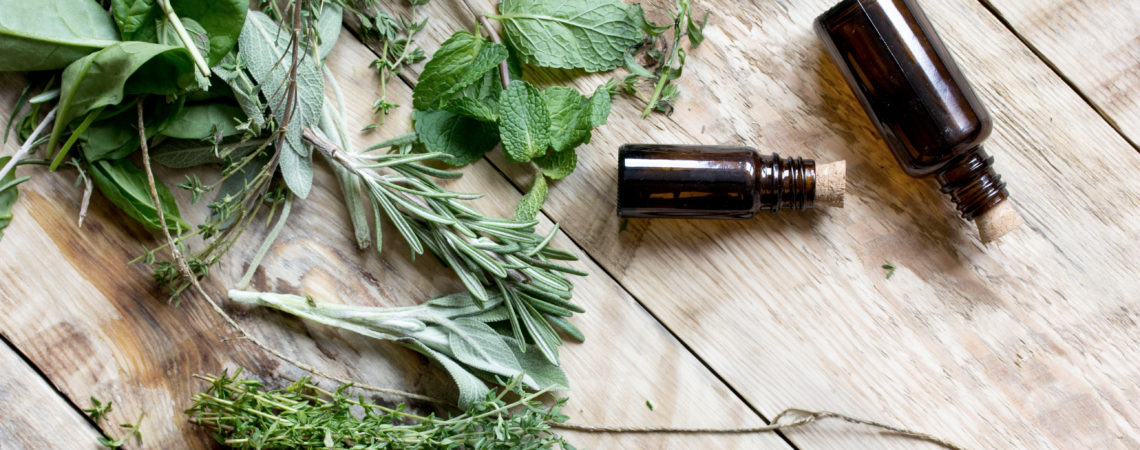Subscribe to our newsletter
Receive news and benefits on health and wellness.

SHA Magazine Holistic
Thyme, this humble species that grows wild in the fields of Castile, is so important in universal culture that it is one of the most frequently mentioned aromatic plants by Don Quixote. The ingenious nobleman smelled thyme, rosemary and sage on his way to the Spanish, Manzanares River.
In addition to its characteristic and very recognisable smell, thyme is known for its properties for treating respiratory infections and expelling mucus. It is an expectorant and antiseptic plant. There is no better ally for soothing coughs and combating nasal congestion.
The medical publisher Elsevier describes thyme as a plant with antispasmodic, expectorant and antiseptic properties, whose usage is widespread in Spain where it can be found in its natural form, but also in various formats such as fluid extract and an essential oil. It is also sold mixed for infusions for the treatment of respiratory and digestive ailments.
The aromatic plant belongs to the Labiatae family, a plant native to the countries of the western Mediterranean basin. It grows in dry, sunny soils and withstands frost and drought well.
Its scientific name, Thymus, comes from the Greek verb Thyme, which alludes to its intense and pleasant aroma, and it can grow up to 40cm high. Back in Egypt and Greece, it was already considered a miracle plant due to its strengthening quality and, according to Galen, it was infallible for curing respiratory and intestinal diseases.
In addition to its medicinal properties, it is also used as an insecticide and flavoring agent, both for seasoning recipes and for making perfumes. For centuries, thyme essential oil has been highly valued in the cosmetics industry.
To prepare thyme infusion to relieve coughs, equal parts of thyme, poppy, marshmallow and green anise are mixed. One tablespoon per cup of water is used, boiled for two minutes, covered and left to steep for ten minutes. After filtering, 2-3 glasses can be drunk daily. To enhance the effect and improve the taste, lemon and honey can be added to the infusion.
Thyme can also your best friend if you need to soothe your stomach, but in this case you should mix it with chamomile, yarrow and bitter orange. Again, all in equal parts. First boil the water, and then for each cup of water add a tablespoon of the mixture. Cover and let it steep for 10 minutes before filtering. The herbal tea can be taken up to three times a day, after each meal.
If you suffer from irritable bowel syndrome, mix four parts salicaria to one part thyme, marshmallow, wild rose and green anise. Boil one tablespoon per cup of water for 3 minutes and leave to steep for another 10 minutes. To soften the taste, orange blossom honey can be added. One cup should be taken after each meal until symptoms subside.
A Mediterranean legend states that thyme has magical properties. It is believed that if we place several bunches of this aromatic plant under our pillow, it will ward off nightmares and the evil eye. We neither confirm nor deny this.
Receive news and benefits on health and wellness.
